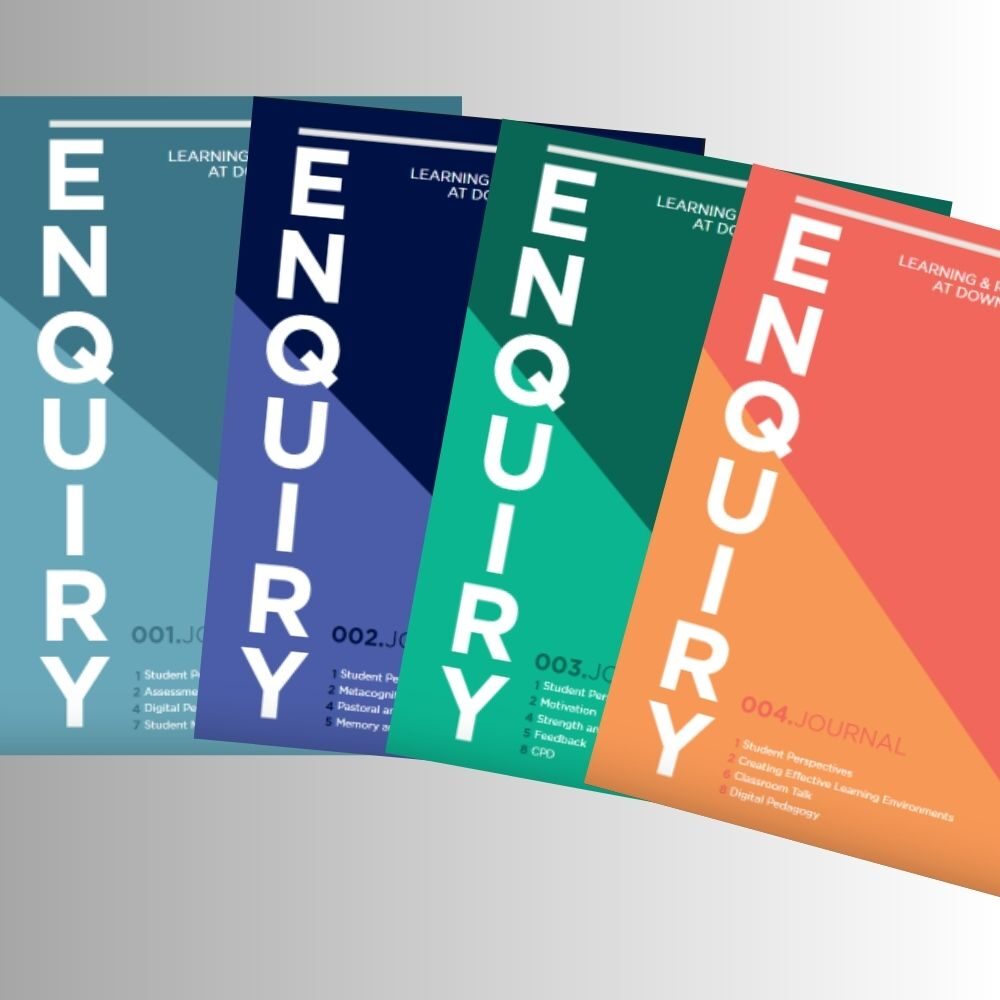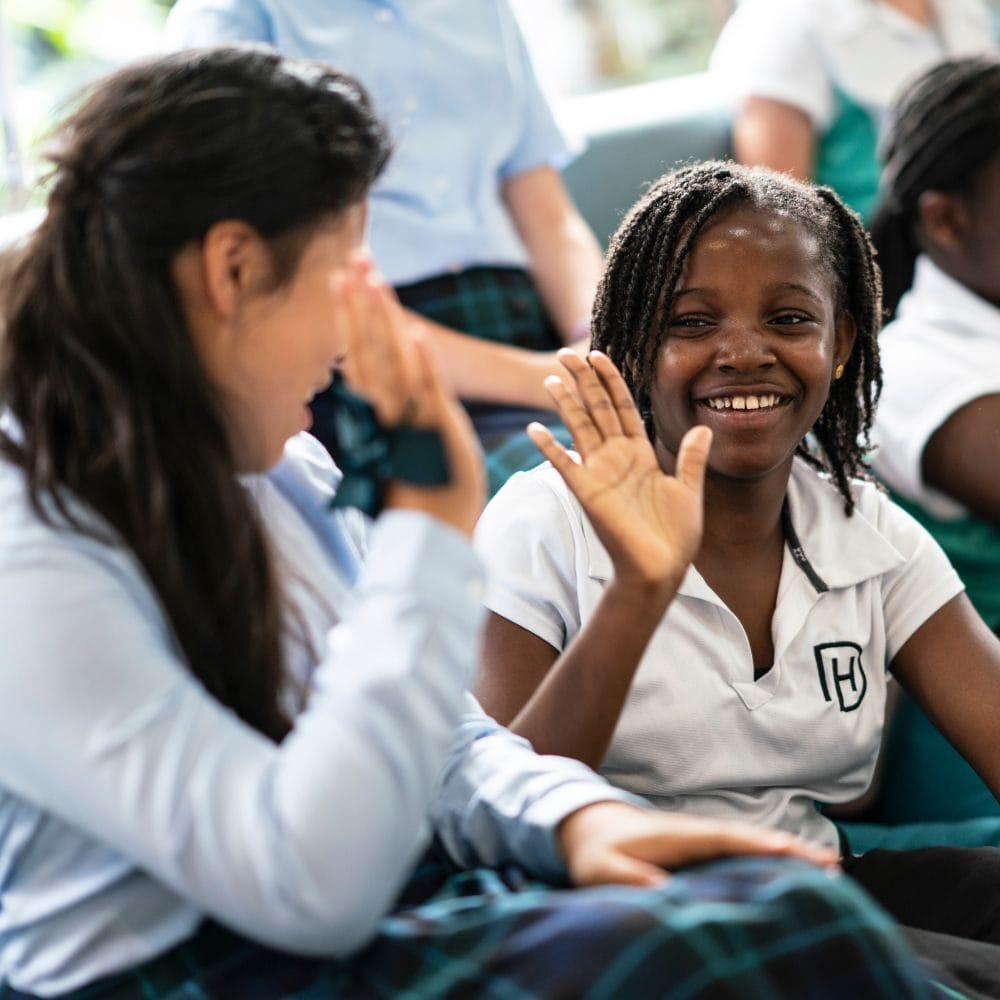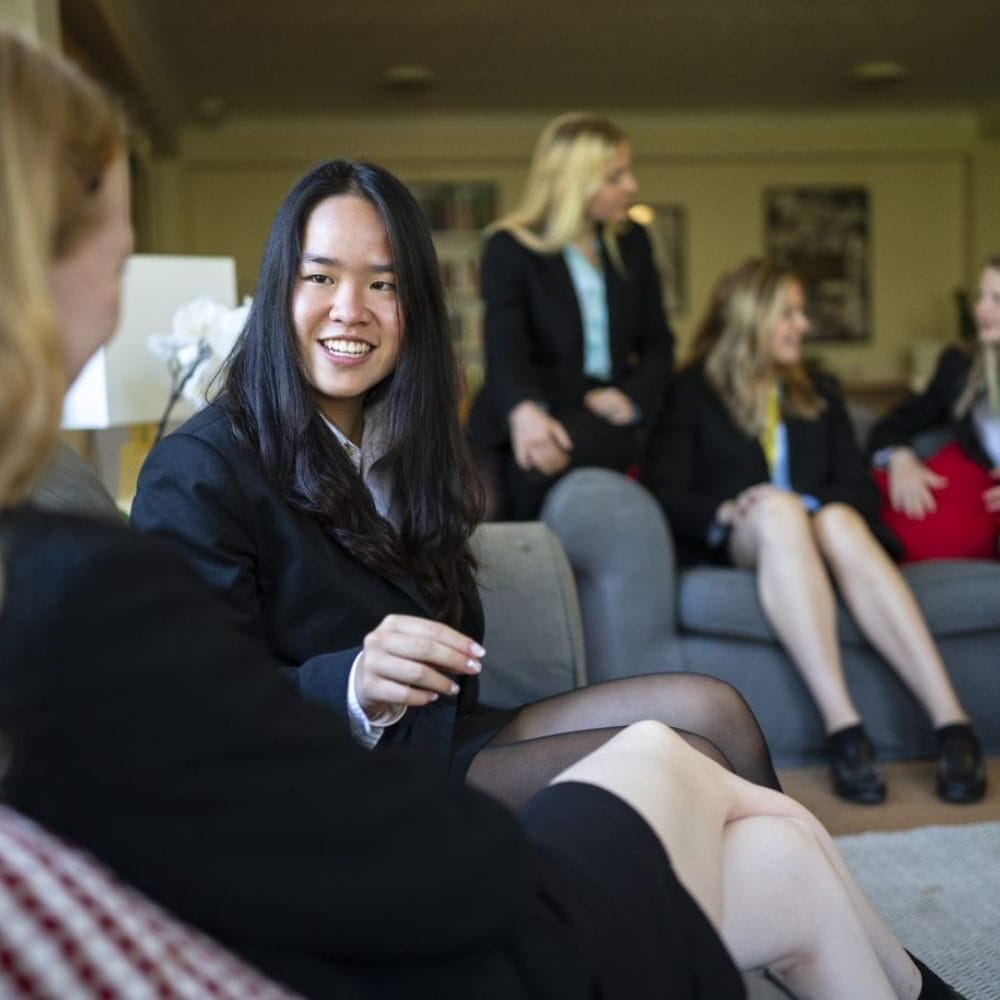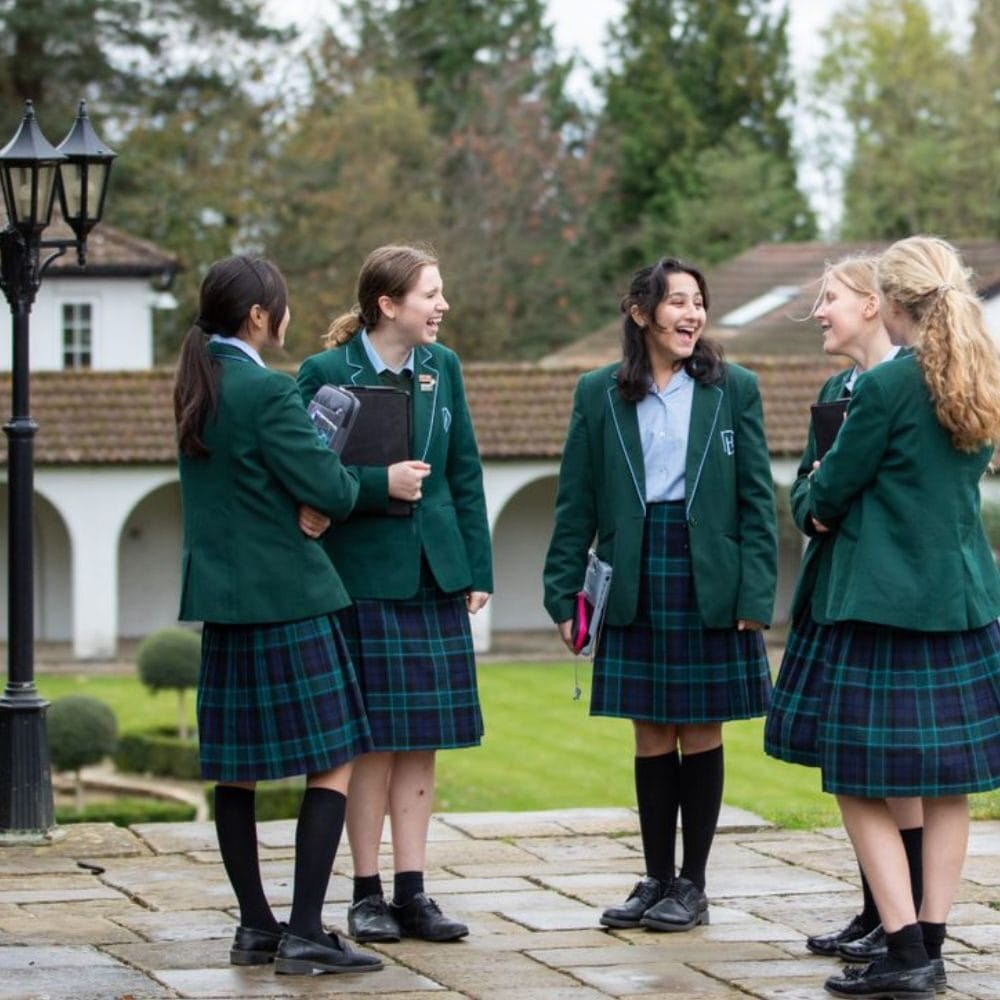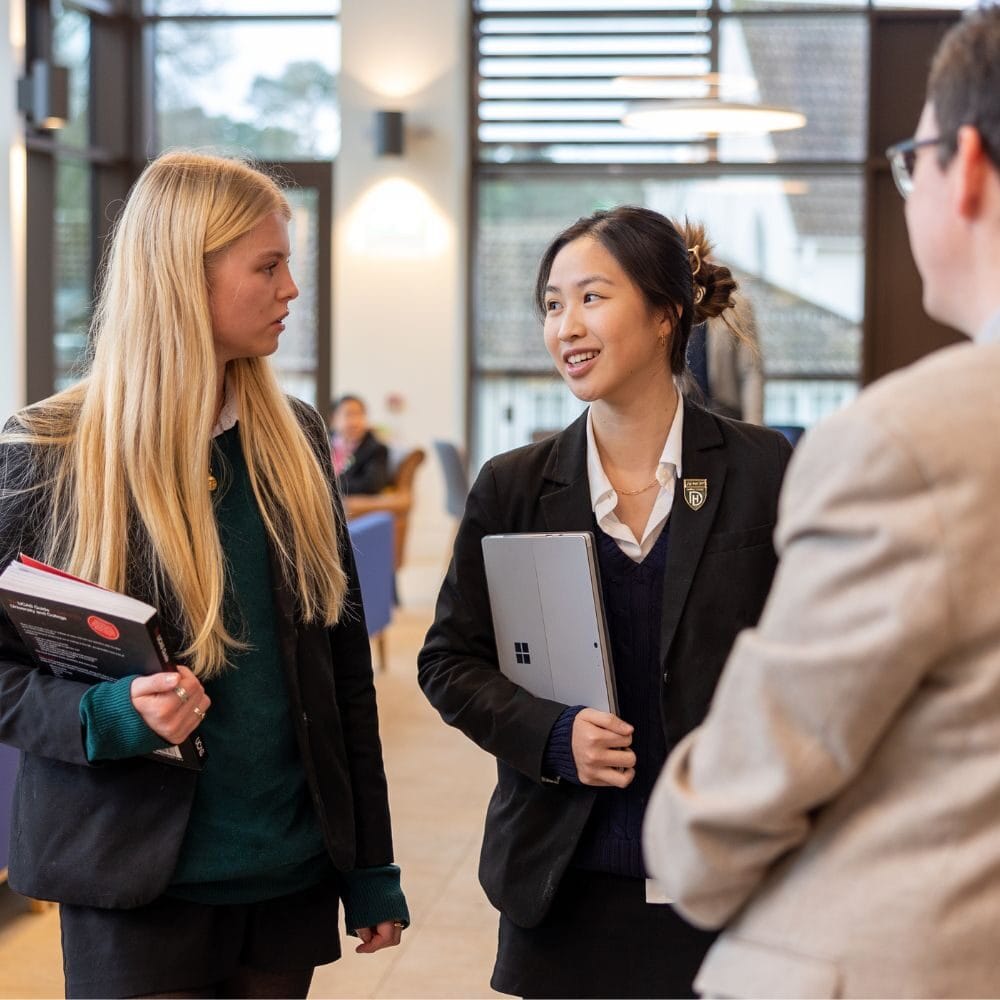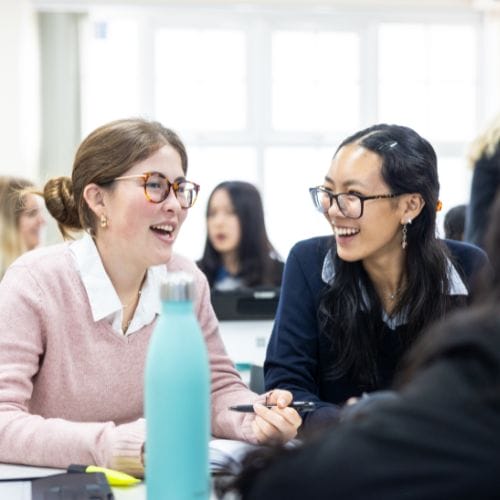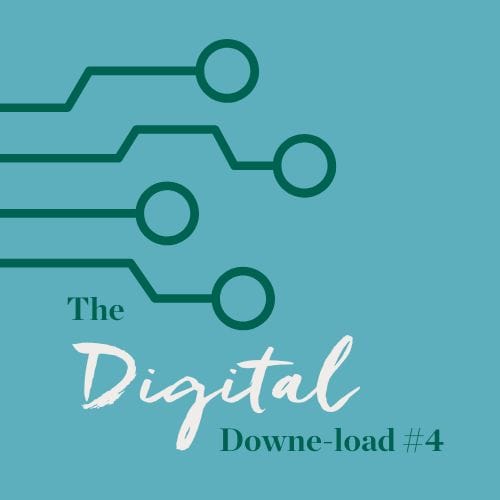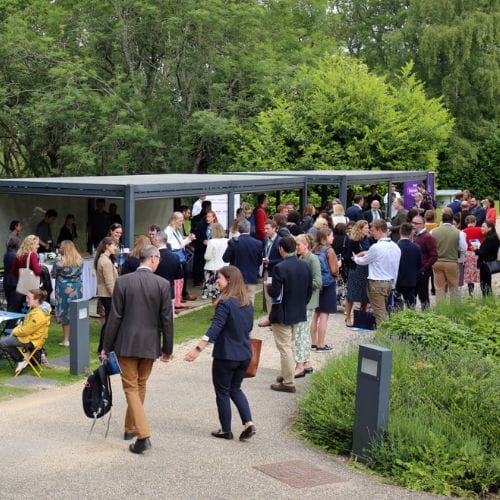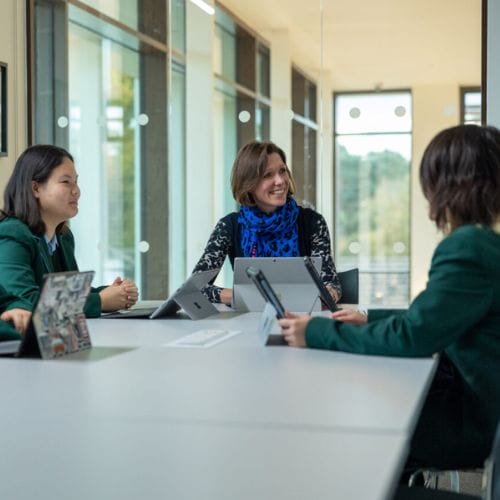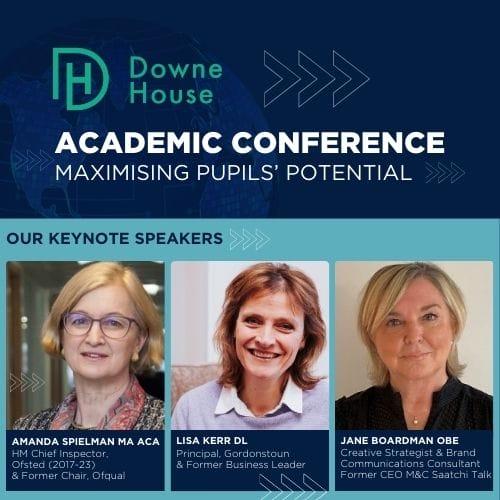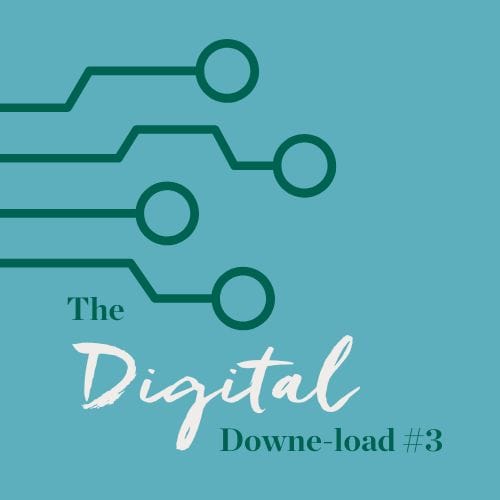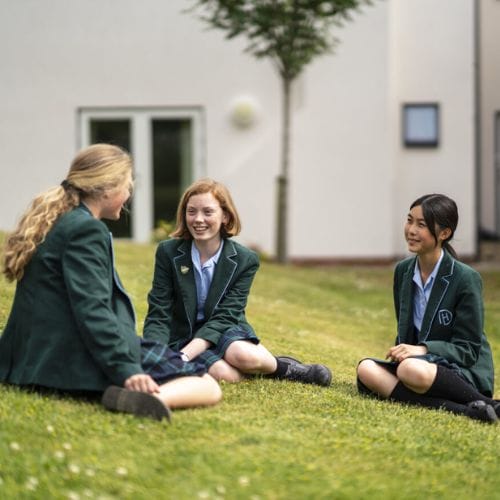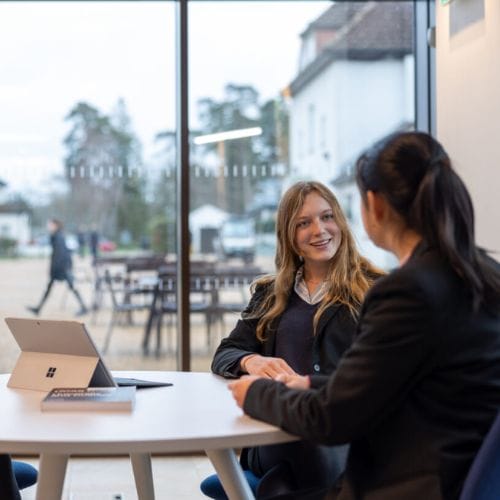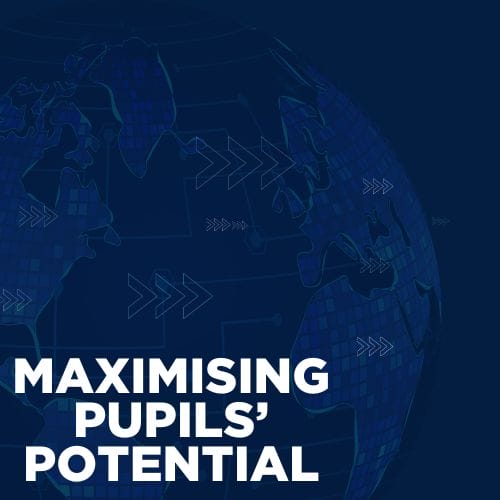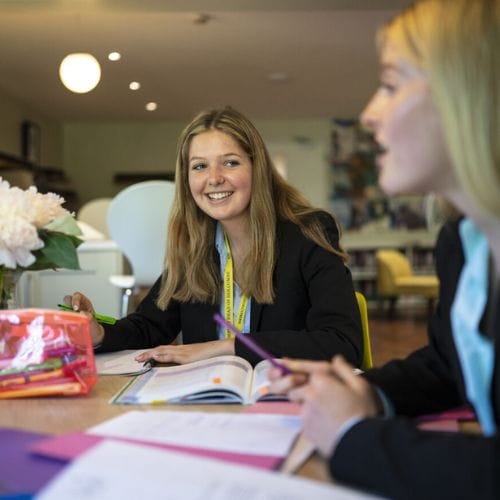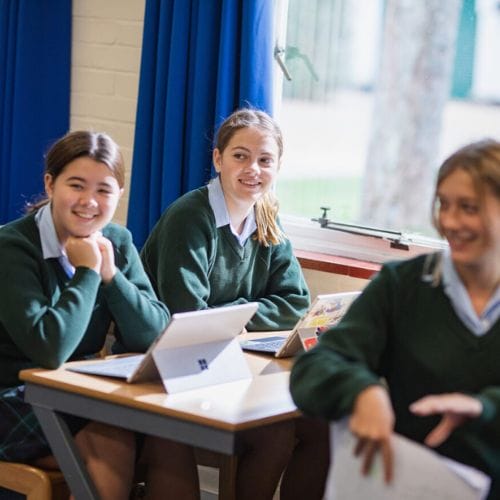

Our Vision
The Centre for Learning and Research at Downe House has a single aim: to use the latest and most cutting-edge educational research to improve the outcomes of our pupils.
The last decade has witnessed an explosion of interest in the related fields of Mind, Brain and Education Science. The work of the Centre for Learning and Research is to ensure Downe House remains always at the forefront of these conversations, using the latest findings in cognitive psychology and neuroscience so that teachers teach better and pupils learn more.
Within Downe House and beyond, the Centre for Learning and Research promotes an ethos of reflective and evidence-informed practice, working with teachers and pupils to build understanding about how effective learning happens.
The education of today is not the education of tomorrow. The Centre for Learning and Research exists to create, share and celebrate innovation in educational research so that all pupils are ready for whatever their future holds.

Enquiry Article: A Student Perspective: Classroom Environment, Small Steps, Videos and Class Discussion
OJ (UIV) talks about the importance of building a safe classroom environment as well as breaking learning into small steps.
Personally, I think there are two main strategies that are significantly valuable to my learning.
The first one is setting a safe class environment. The benefits of this would be that students are not afraid to attempt answering hard questions because they know that if they make mistakes, it would be used to help them build on their knowledge and not be used against them. It goes without saying that most teachers are very good at this but I think the best way for teachers to create that safe environment would be to not demonstrate frustration when the student cannot yet comprehend a concept, that way the student would not shy away from asking questions. A safe environment also allows other teaching strategies to be used more effectively. An example of this would be asking students questions mid-lesson; this is good because it allows them to think quickly and accurately but sometimes it can be off-putting and so the student thinks more about being on the spot than the answer to the question. Whereas in an environment where they feel safe, they would attempt the question without the fear of getting it wrong.
The second strategy is for the teacher to break down the lesson. Whether it is the concepts that are trying to be taught or the task that needs to be done, breaking it down into smaller steps makes it more manageable for the student both physically and mentally. Breaking down makes what is trying to be done more mentally manageable for the student because it makes it less daunting and gives them reassurance which leads them to believe they can do it. It allows the student to make steady progress and that way they can unlock their fullest potential and get to the top.
Enquiry Article: Disruptive Technologies and the Future of Online Blended Learning
Ms Marya Akhtar (Director of Higher Education and Global Initiatives) explores the increasing impact and significance of online blended learning within education.
The first signs of development or disruption in education can be traced back to about 500 years ago when the role of the lecturer was defined from its source ‘lectura’, meaning ‘reading.’ As books were scarce and literacy rare, the lecturer could educate students by reading from a book, imparting education to small groups. Later, the advent of the printing press transformed the mechanics of education, and the sector evolved from ‘reading to’ to ‘disseminating of’ a wider set of knowledge on a much larger scale, and in a more organised manner. Up until the last century, the role of the educator was very much given; teach lessons, set assignments, test the students’ understanding and prepare them for formal exams. Calculators, overhead projectors, blogs and online textbooks all helped in enhancing the learning experience, rather than transforming it. Even the mass deployment of digital whiteboards and computers in schools did not truly transform teaching and learning or attainment levels to a great extent.
Innovation doesn’t exist in a vacuum rather we innovate together.
Partnering for Excellent Education is the Centre for Learning and Research’s Teaching and Learning exchange programme. Through collaboration, we share best practice across schools, building a network in which we can learn from one another.
Meet the Director of Learning and Research

Dr Andrew Atherton, Director of Learning and Research and Teacher of English
Having completed an MA in English Literature as well as a PhD in twentieth-century literature, both funded by the Arts and Humanities Research Council, Dr Atherton decided to make the jump from university to secondary school teaching. Since then, he’s taught English to a range of classes and age groups and held a number of academic positions within the schools he’s taught in, both whole school and subject specific. At Downe House, Dr Atherton’s current role involves overseeing all activities of our flagship Centre for Learning and Research, with a particular focus on ensuring we are at the cutting edge of evidence-informed Teaching and Learning. Outside of his school commitments, Dr Atherton has been published in a number of educational venues on matters relating to education and he is currently in the final stages of writing a book, jointly published by Routledge and NATE, titled Experiencing English Literature.
